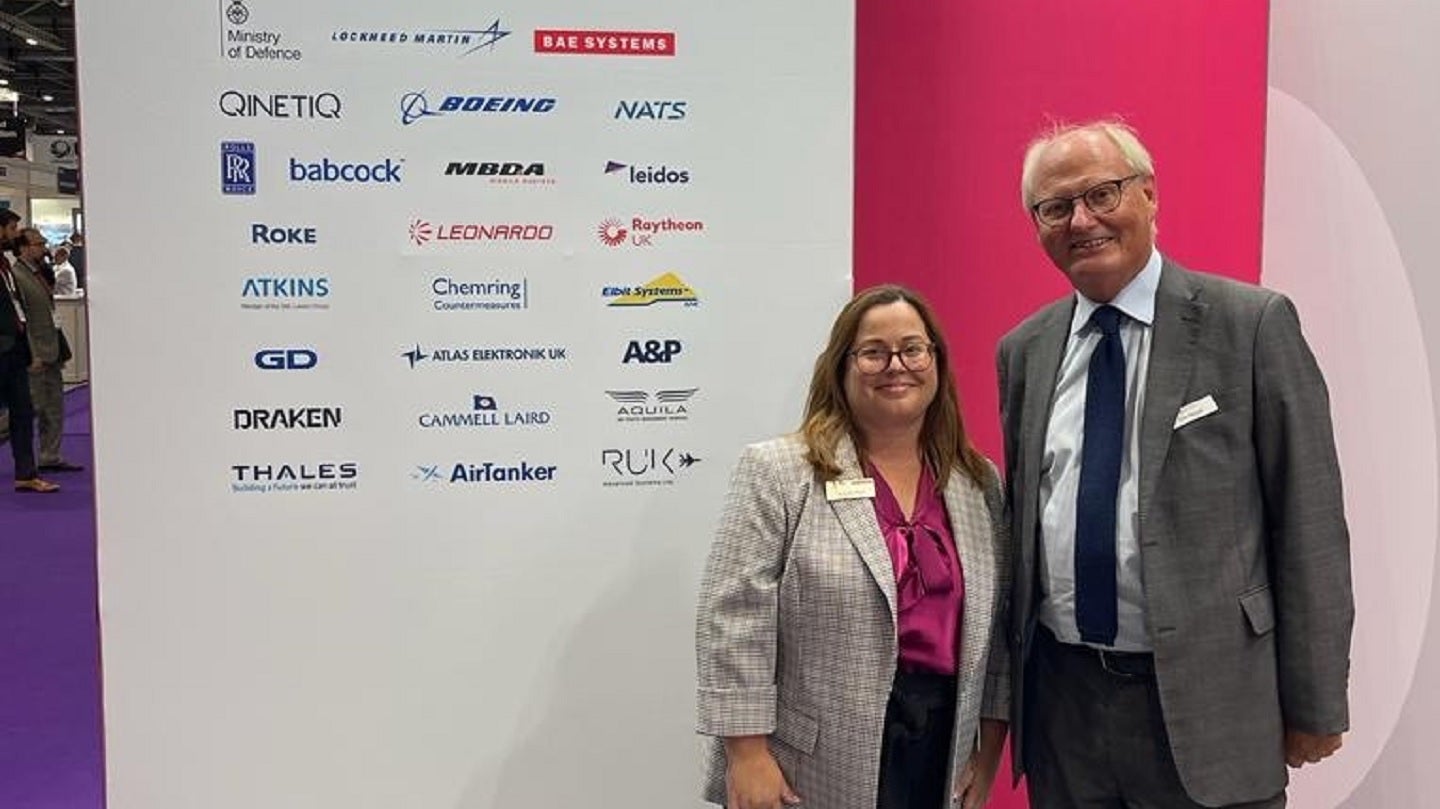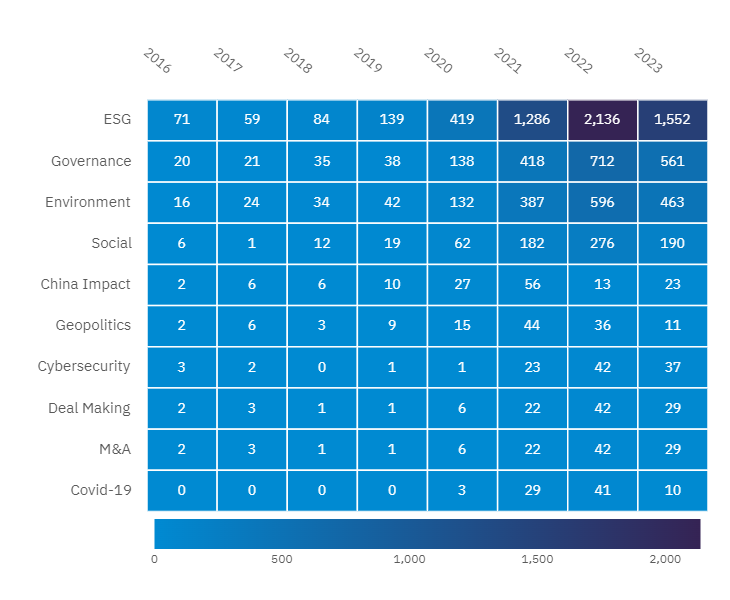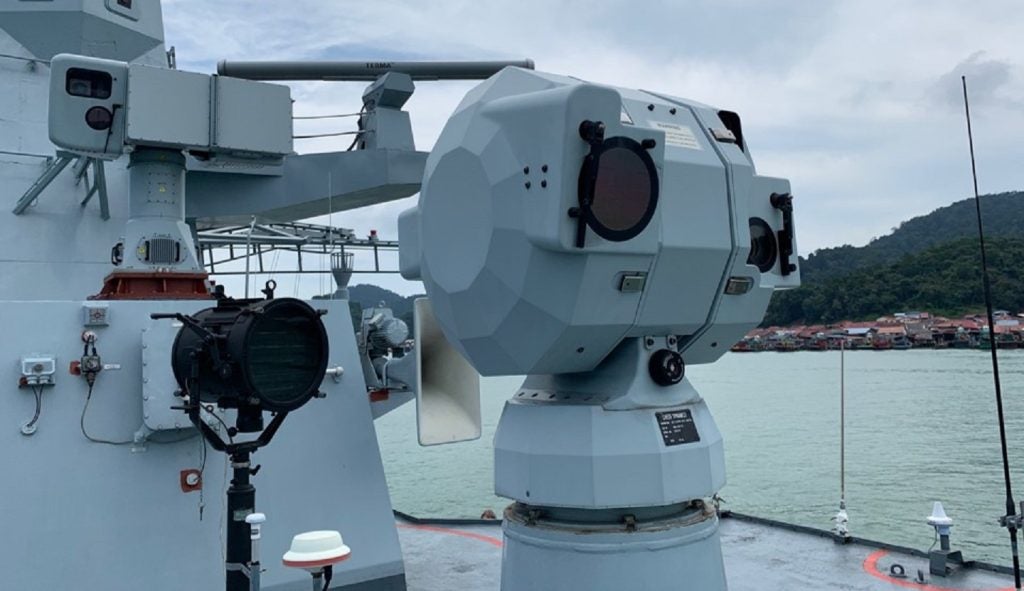
Hellios Information and BAE Systems have launched a collaborative decarbonisation programme to help aerospace and defence companies and their suppliers calculate and reduce their Scope 3 carbon emissions.
According to a Hellios release on 13 September, JOSCAR Zero collects, measures and identifies how carbon emissions can be reduced across supply chains. It builds on the existing JOSCAR system, a collaborative tool which helps connect suppliers of all sizes with buyers, who can then quickly determine if a supplier is ‘fit for business’.
BAE Systems supported the development of the tool and will be the first company to introduce it into its supplier management process.
JOSCAR Zero was developed by Hellios Information in response to the UK Government’s pledge to a 100% reduction of greenhouse gas emissions by 2050. The UK Ministry of Defence (MoD) and its services have all committed to the reduction of greenhouse missions and achieving net zero by 2050.
According to Hellios, through integrating JOSCAR Zero into its supplier risk management, BAE Systems is “demonstrating its commitment to driving positive change on the path to net zero by mitigating environmental supply chain risks and actively championing a sustainable future for the industry”.
James Clare, director of Levelling Up, the Union, Climate Change and Sustainability, at the UK MoD said: “Responding to the challenge of climate change within defence is a team effort between Government and industry. Collaboration will be integral to reducing carbon emissions, so I am encouraged to see new partnerships being created to find solutions, such as this between BAE, Hellios and their suppliers.”
How well do you really know your competitors?
Access the most comprehensive Company Profiles on the market, powered by GlobalData. Save hours of research. Gain competitive edge.

Thank you!
Your download email will arrive shortly
Not ready to buy yet? Download a free sample
We are confident about the unique quality of our Company Profiles. However, we want you to make the most beneficial decision for your business, so we offer a free sample that you can download by submitting the below form
By GlobalDataAmanda Wood, Supply Chain Sustainability director at BAE Systems, said: “We’re aiming to reach net zero across our value chain by 2050, something that will only be possible through close collaboration with our customers and suppliers.”
ESG in the defence sector
The UK’s military services are engaged in initiatives to drive down carbon emissions, as environmental, social, and corporate governance (ESG) forms a central point of development and corporate social responsibility. The Royal Air Force is pushing for a net zero target by 2040, a full decade ahead of UK Government plans, and in April this year completed an air-to-air refuelling flight using a Voyager tanker powered by a 43% blend of sustainable aviation fuel.
The British Army is pursuing options for the acquisition of electric and hybrid vehicles for its non-combat ‘white fleet’ and could in future look towards hybrid powertrains for frontline platforms in later iterations of the Land Mobility Programme. The Royal Navy too is looking at alternative naval fuel options, although First Sea Lord Admiral Sir Ben Key, speaking at DSEI 2023 in London, said that availability of such fuel was not worldwide at present.
Similarly, the defence industry too, particularly where national governments are pursuing ESG as a matter of public policy, is looking to contribute to sustainability programmes. BAE Systems in its H1 2023 report stated that it had “progressed its ESG agenda and engagement across [the company’s] stakeholders”.
ESG mentions in corporate filings

According to GlobalData analysis, as a corporate theme, ESG has increased in mentions from 71 recorded instances in 2016 to 2,136 in 2022. So far this year, analysis has devealed 1,552 instances of ESG mentions in corporate filings.
Our signals coverage is powered by GlobalData’s Thematic Engine, which tags millions of data items across six alternative datasets — patents, jobs, deals, company filings, social media mentions and news — to themes, sectors and companies. These signals enhance our predictive capabilities, helping us to identify the most disruptive threats across each of the sectors we cover and the companies best placed to succeed.






